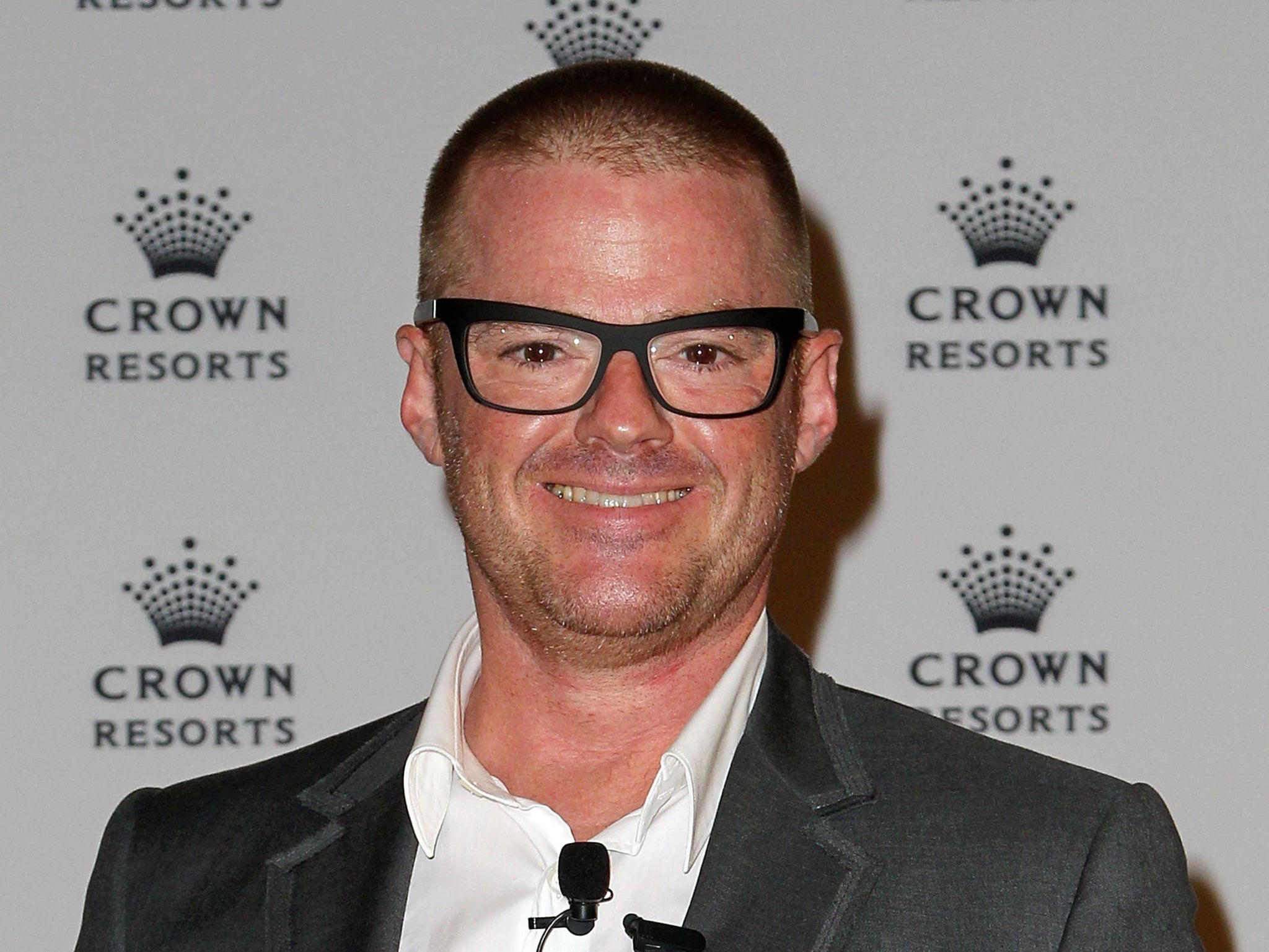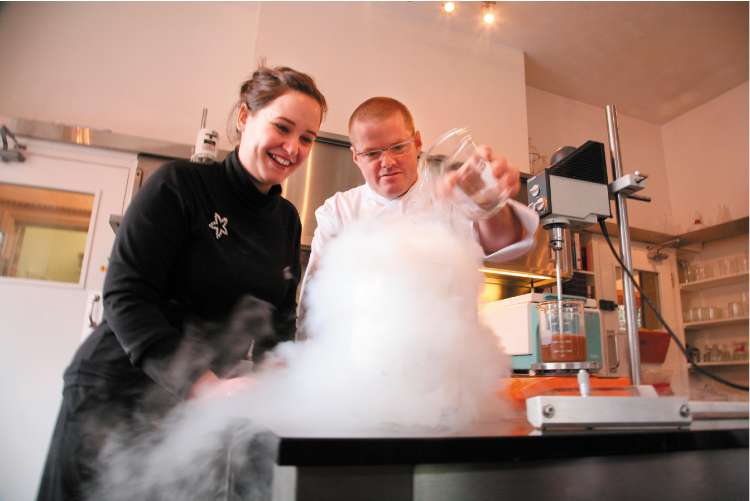Heston Blumenthal reveals bipolar diagnosis and calls for change in the workplace
He has described his neurodivergence as his ‘superpower’
Heston Blumenthal has revealed that he has been diagnosed with bipolar disorder and is speaking out about the condition to break the stigma around neurodivergence in the workplace.
The esteemed chef, 57, is best known for his off-the-wall recipies like snail porridge that have made him a household name and familiar face on TV.
Blumenthal, who was previously diagnosed with ADHD in 2017, described his neurodivergence as his “superpower” but said that people like him are “woefully underrepresented” in the workplace.
He cited research he commissioned into the subject which found that one in 10 respondents (11 percent) had a diagnosed neurodivergence.
Of these neurodivergent people, 47 percent said they have found it harder to secure employment and a further 21 percent said they were not in any form of work.
Neurodivergence is an umbrella term for people with a wide range of conditions that causes their brain function to differ from what is considered normal.
“These are individuals who may have exceptional skills and unparalleled abilities yet because of traditional ways of working, we are missing out on the brilliance they can bring to UK business,” Blumenthal said.
“I hope that being open about my own mental health will raise awareness of the issue and I want to campaign to highlight the contribution neurodiversity can make to the workplace.”

The chef then put his own creativity down to being neurodivergent.
“My most artistic, innovative and exciting work is because I am neurodivergent, which I describe as my superpower,” he said.
“The world needs to move on from outdated and archaic misinterpretations of perceived difference, and embrace the opportunities neurodiversity presents.”
As reported by the NHS, bipolar is a mood disorder that affects around one in 100 people and is characterised by extreme mood swings that are both low and high.

Sinead Devine-French, chief science officer of The Positive Group, said: “Embracing neurodiversity in the workplace isn’t just a nice-to-have – it can be a strategic game-changer.
“Recognising that every individual brings a unique blend of strengths, cognitive experiences and perspectives enriches our thinking and propels our creativity.
“Leaders at the forefront know all too well the perils of the echo chamber. Increasing neurodiversity is their secret weapon to shatter this, enhancing the collective intelligence that thrives within diverse teams.”
Join our commenting forum
Join thought-provoking conversations, follow other Independent readers and see their replies
Comments
Bookmark popover
Removed from bookmarks